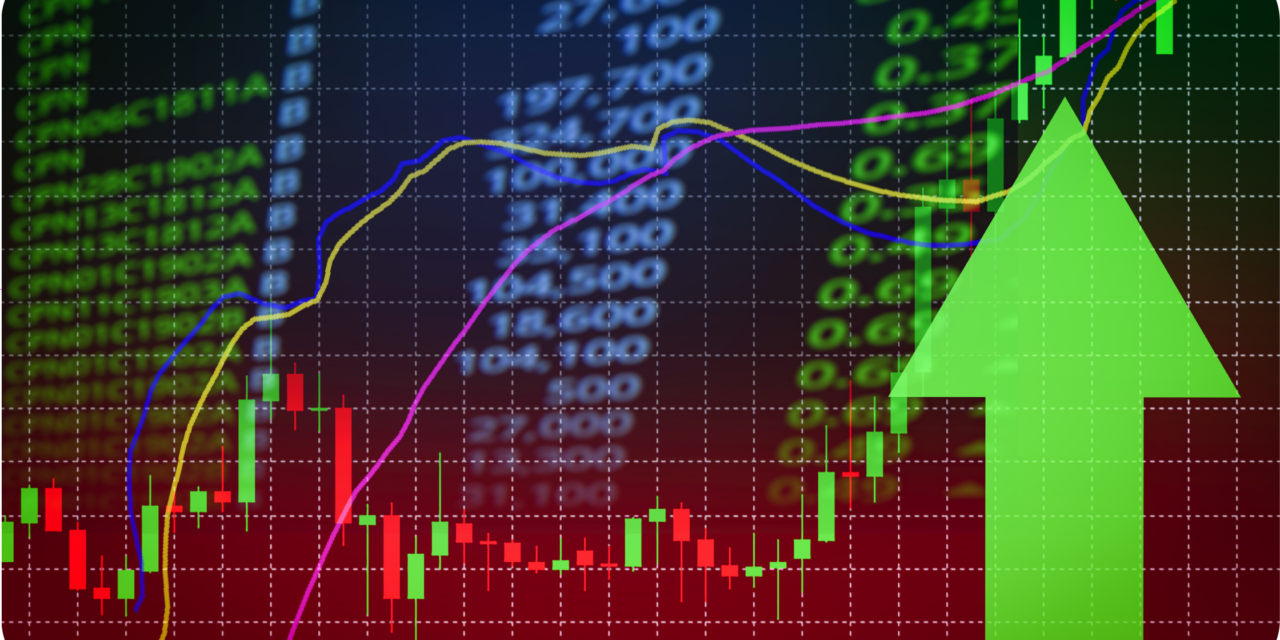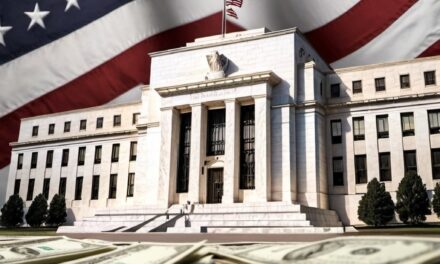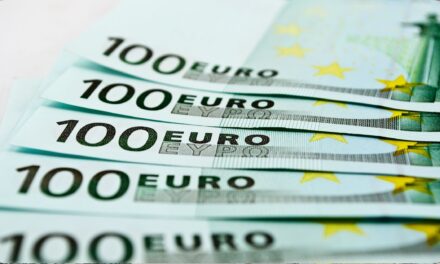Key events to look out for:
- United States: Biden’s massive infrastructure package will be a tough sell
- Eurozone: Inflation set to rise further
US: Biden’s massive infrastructure package will be a tough sell
With the ink on the $1.9tn fiscal relief plan barely dry, next week sees President Joe Biden push ahead with the $3tn Build Back Better green energy and infrastructure plan.
On Wednesday, he is heading to Pittsburgh to outline the strategy, which is centered on de-carbonising US electricity production by 2050. There would be incentives and legislation surrounding energy-efficient buildings and vehicles with additional rail and road infrastructure investment. The money would also be provided to boost 5G and broadband internet access.
It looks as though these measures will be packaged up with higher taxes for corporates and top earners together with increased property and capital gains tax rates to “reward work, not wealth”. The difficulty will be getting it passed by Congress, given the need for 60 Senators putting it forward for a vote. The Democrats got around this for the $1.9tn plan by using budget reconciliation processes, but it will be trickier for this massive infrastructure plan. It may need to be broken up into smaller packages and diluted to some extent should Republicans put up stiff opposition. It is not going to be an easy sell.
We also have a heavy data slate with the ISM index on Thursday, and the jobs report on Friday. Both should be very strong as better weather in March versus February, a strong vaccination programme rollout, and ongoing reopening steps taken by the individual states lift activity and the need for workers.
Nonetheless, the Fed will continue to make it clear that they won’t look to tighten policy until the economy has “all but fully recovered.”
Eurozone: Inflation set to rise further
Eurozone inflation is set to continue its rise on Wednesday when March figures are released. Expect food and energy prices to be the main drivers for now, although there is a chance that industrial goods prices will also increase more than expected due to supply chain issues and input shortages. Also important will be the breakdown of consumer confidence figures on Tuesday. Consumers have become more upbeat, but have their spending expectations also risen, with vaccinations likely to provide relief in the coming months?
SOURCES: REFINITIV, ING





